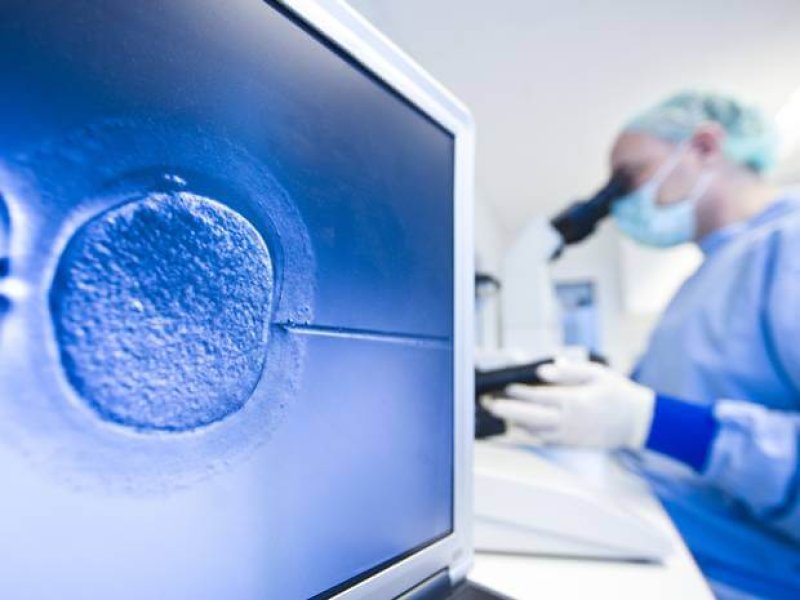The GLP aggregated and excerpted this blog/article to reflect the diversity of news, opinion and analysis.
Human reproduction is about to undergo a radical shift. Embryo selection, in connection with in-vitro fertilization (IVF), will help our species eliminate many genetic diseases, extend healthy lifespans, and enhance people’s overall well-being. Within 20 years, I predict that it will supplant sex as the way large numbers of us conceive of our children.
But while the embryo selection revolution will do a lot of good, it will also raise thorny ethical questions about diversity, equality and what it means to be human–questions we are woefully unprepared to address.
At present, over a thousand such diseases, including cystic fibrosis, Huntington’s disease, Tay-Sachs, sickle-cell anemia, and Duchenne muscular dystrophy, can be screened during preimplantation genetic screening (PGS) and the list is growing constantly. With this information, parents using IVF and PGS can select embryos not carrying those diseases if they choose to do so. Some jurisdictions, including the US, Mexico, Italy, and Thailand, also allow parents to select the gender of their future children.
As the PGS procedure improves and the number of diseases it prevents increases, I foresee that growing numbers of parents will decide to use assisted reproduction technologies when conceiving children. Over time, many genetic diseases will come to be seen as preventable parental lifestyle choices rather than bad luck.
Read full, original post: By the year 2040, embryonic selection could replace sex as the way most of us make babies































